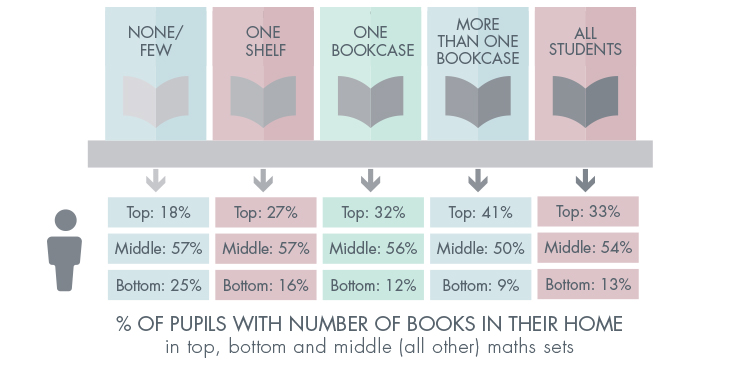10 May 2017

What are the effects of attainment grouping on mathematics learning?
- There are many ways to group pupils by attainment; in-class grouping is the most flexible
- Setting and grade repetition appears to replicate existing socio-economic inequality
- Grouping by attainment can have negative effects on motivation and restrict expectations of pupils
- Mixed attainment grouping may increase teacher planning time and be associated with more behavioural problems
- There is mixed evidence on attainment outcomes from different forms of grouping; no overall difference in effectiveness is clear
- Grouping pupils by attainment may suggest a fixed mindset view of mathematical learning
View Espresso